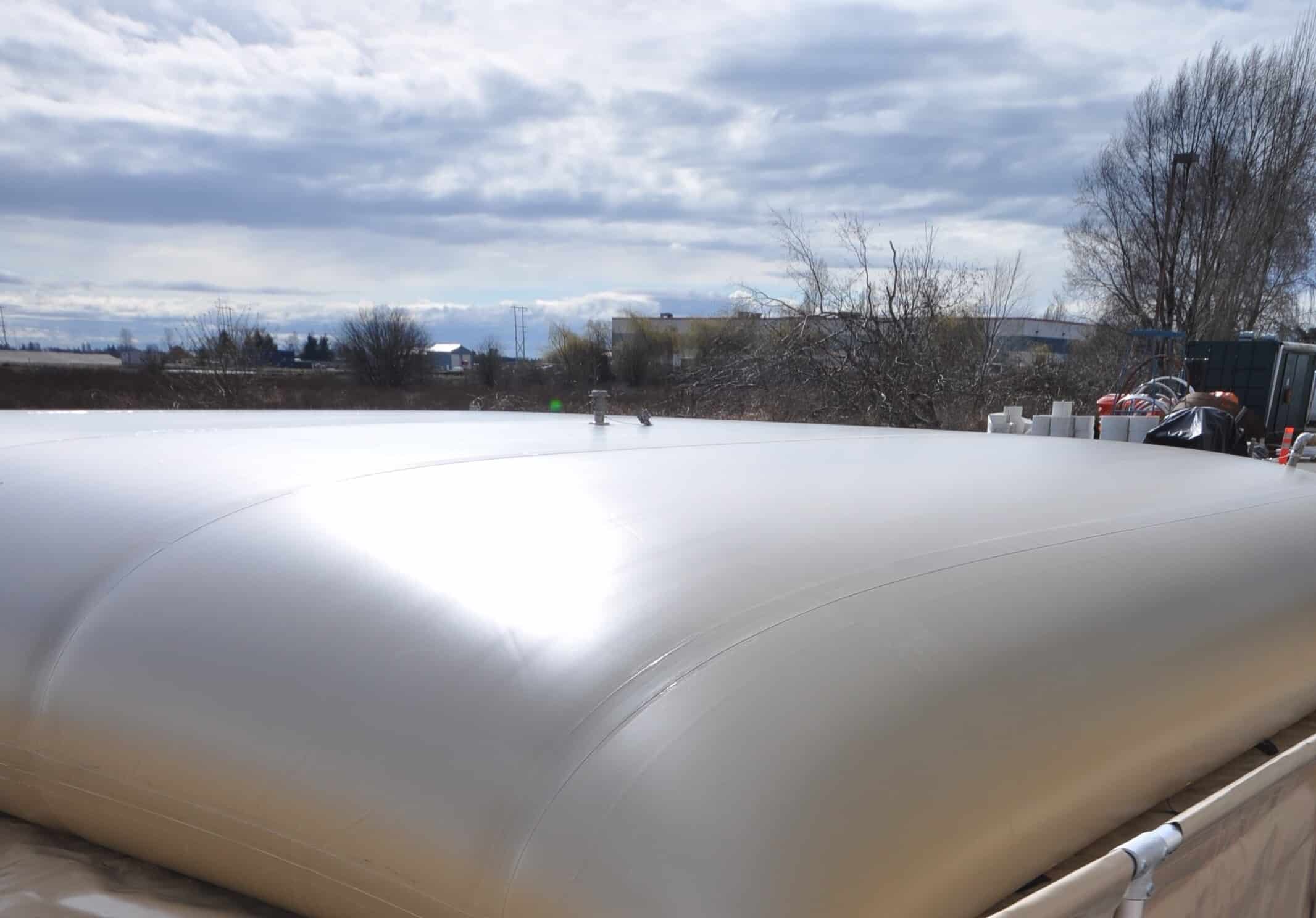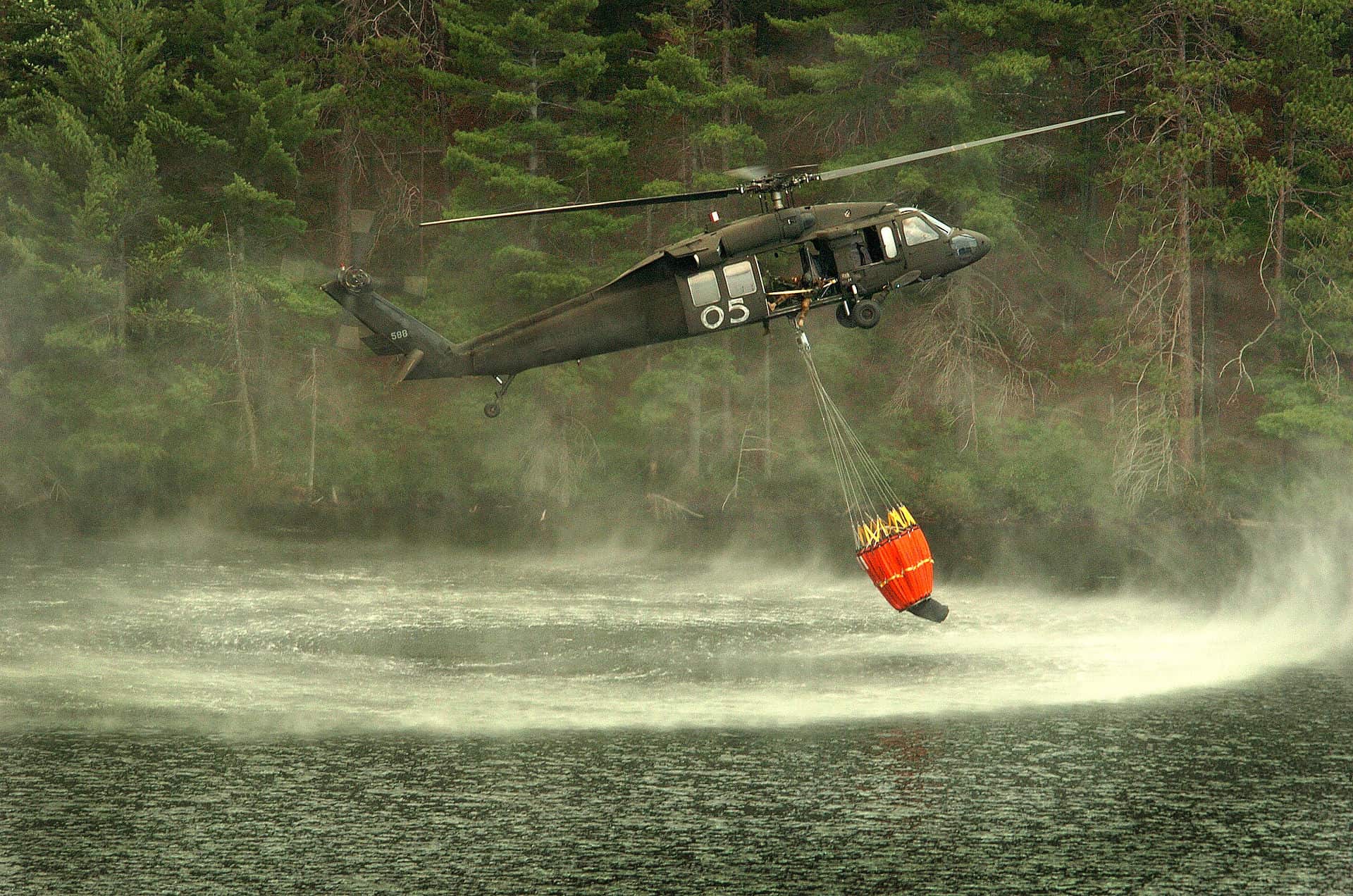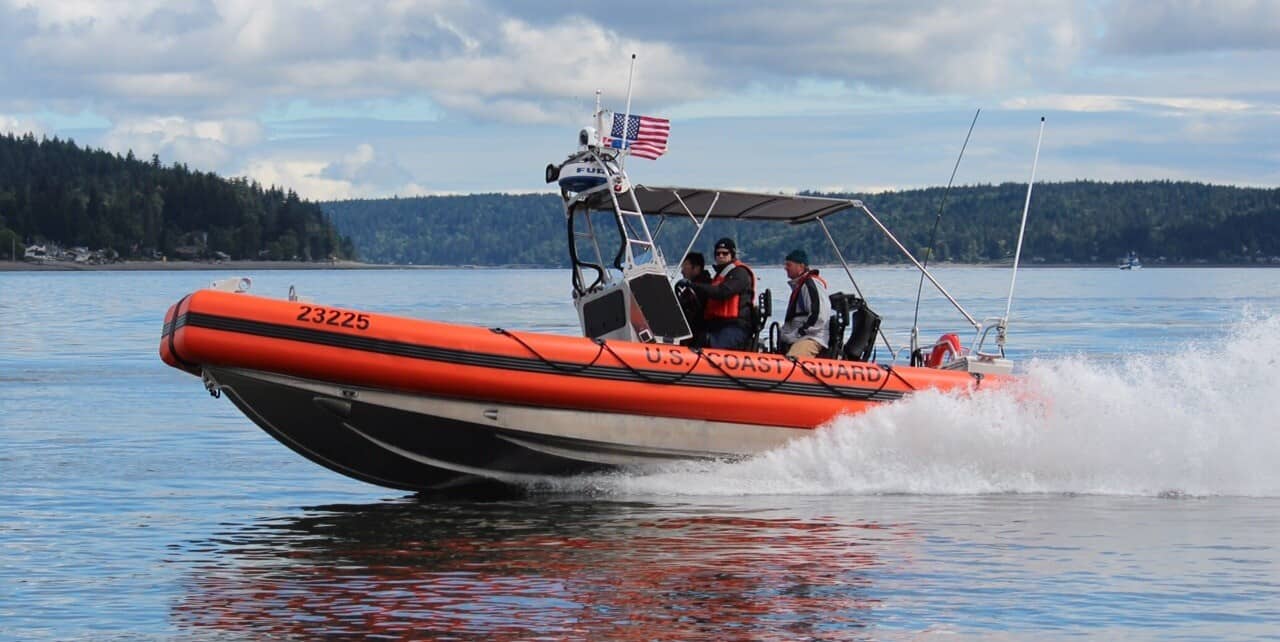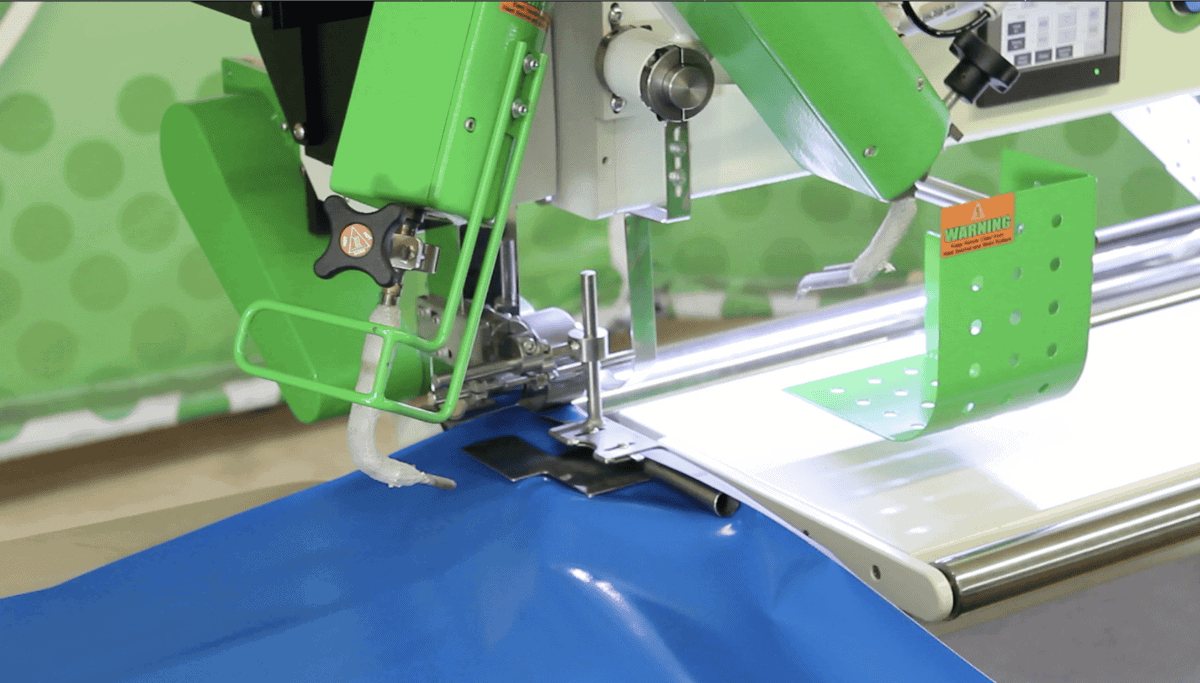Fuel Bladder Material: TPU vs Hypalon
Boats, Environmental Control, Marine Safety, Sustainability, WeldingOct 3, 2019
Flexible fuel bladders are a preferred alternative to steel and composite tanks for fuel storage, especially in situations where critical infrastructure is compromised or non-existent. The wide range of applications and extreme environmental conditions result in very demanding material specifications; Endurance, safety, and ecological considerations, all come into play. In this article, we will take a dive into the specifics of fuel bladder material. Specifically, we’ll look at how TPU – a modern technical textile coating – fairs against the older and partly obsolete Hypalon.
Characteristics of Flexible Fuel Bladders
Fuel bladders are flexible fuel storage tanks, with unique characteristics that make them indispensable for a variety of applications. When they are not in use, they take up minimal space and weight. The bladders can expand or contract according to the fuel within. Apart from the logistical advantages, this ensures the stored fuel never comes in contact with air, therefore minimizing the possibility of combustion and increasing safety. Bladders also provide reliable storage with minimal maintenance. This can be a big tactical advantage for disaster relief missions, agriculture, public works, marine, military, environmental, and industrial applications.
Hypalon & TPU Background
Nowadays, only off-brand CSM/CSPE synthetic rubber is available. The actual Hypalon material is no longer in production by DuPont – its original manufacturer. Hypalon was invented as a material for making flexible products back when safety and environmental concerns were not taken into consideration. Nowadays, manufacturers recognize that Hypalon – along with CSM/CSPE synthetic rubber alternatives – exhibit problems for a variety of safety & environmental issues. Many manufacturers have started seeking less hazardous alternatives.
Modern TPU is a superior alternative to Hypalon and synthetic rubber. Early versions of TPU may have had a few disadvantages regarding stability, however, those have since been long forgotten, thanks to modern polymer technology and environmentally sustainable additives.
TPU VS Hypalon – Which is best for fuel bladder material?
Welding Method
Hypalon requires using glue to bond between two pieces of fabric. This results in a product that exhibits the same strength, endurance, and lifespan, as the glue which bonds them together. This is a big disadvantage for flexible fuel bladder manufacturing, as the fuel contained applies constant pressure to the bonded fabric. TPU based fabrics can be welded using heat-based welding techniques, forming melted welds that exhibit the same endurance properties as the fabric material itself.
Fuel Bladder Material Endurance
TPU copolymers outperform synthetic rubber, especially in abrasion resistance or endurance to wear and tear. The two materials fair the same in terms of UV resistance. However, when factoring in TPU’s weld superiority, it offers better performing products with a greater lifespan.
Safety & Environmental Characteristics
Hazardous lead-based materials are used for the construction of Hypalon. If Hypalon burns, toxic fumes are released, which are classified as an air pollutant. Moreover, Hypalon’s production characteristics make its production hazardous for manufacturing staff. TPU copolymers, on the other hand, don’t exhibit such properties. They are safe for both the environment and staff working on the fuel bladder’s entire production lifecycle.
Working with obsolete and unsafe materials such as Hypalon carries a higher cost for not upgrading to modern material, protecting the environment, and staying competitive. By utilizing Erez’s range of TPU products, you can reduce manufacturing times, increase safety standards, and reduce your impact on the environment.
Using the appropriate technical fabric for your specific application can make the difference between end-product failure or success. Erez is a technical fabric manufacturer experienced in many types of applications, and the vendor of choice for select world-class product manufacturers. Request a free consultation to receive an expert review of your product specifications.
Share this Post




